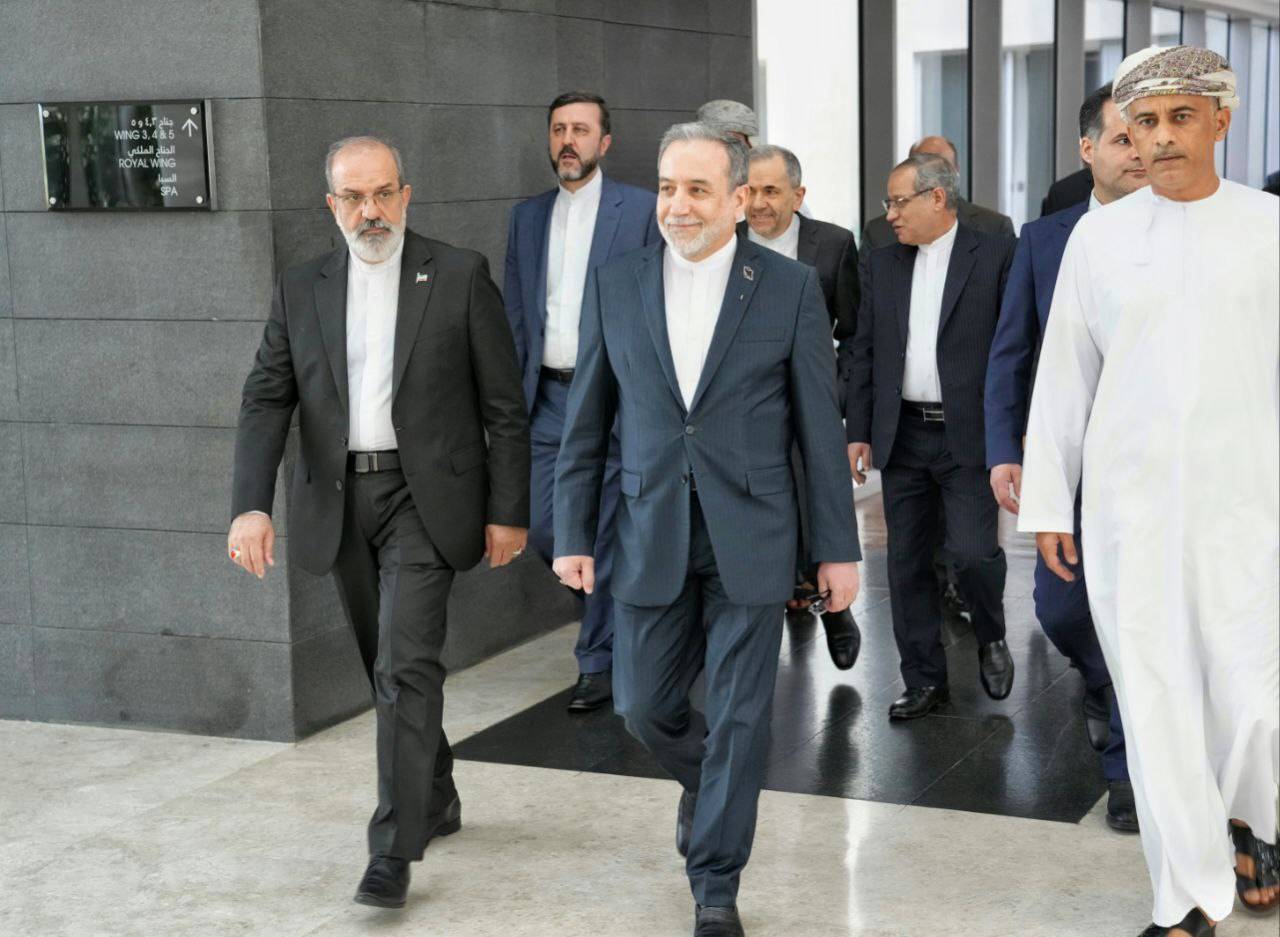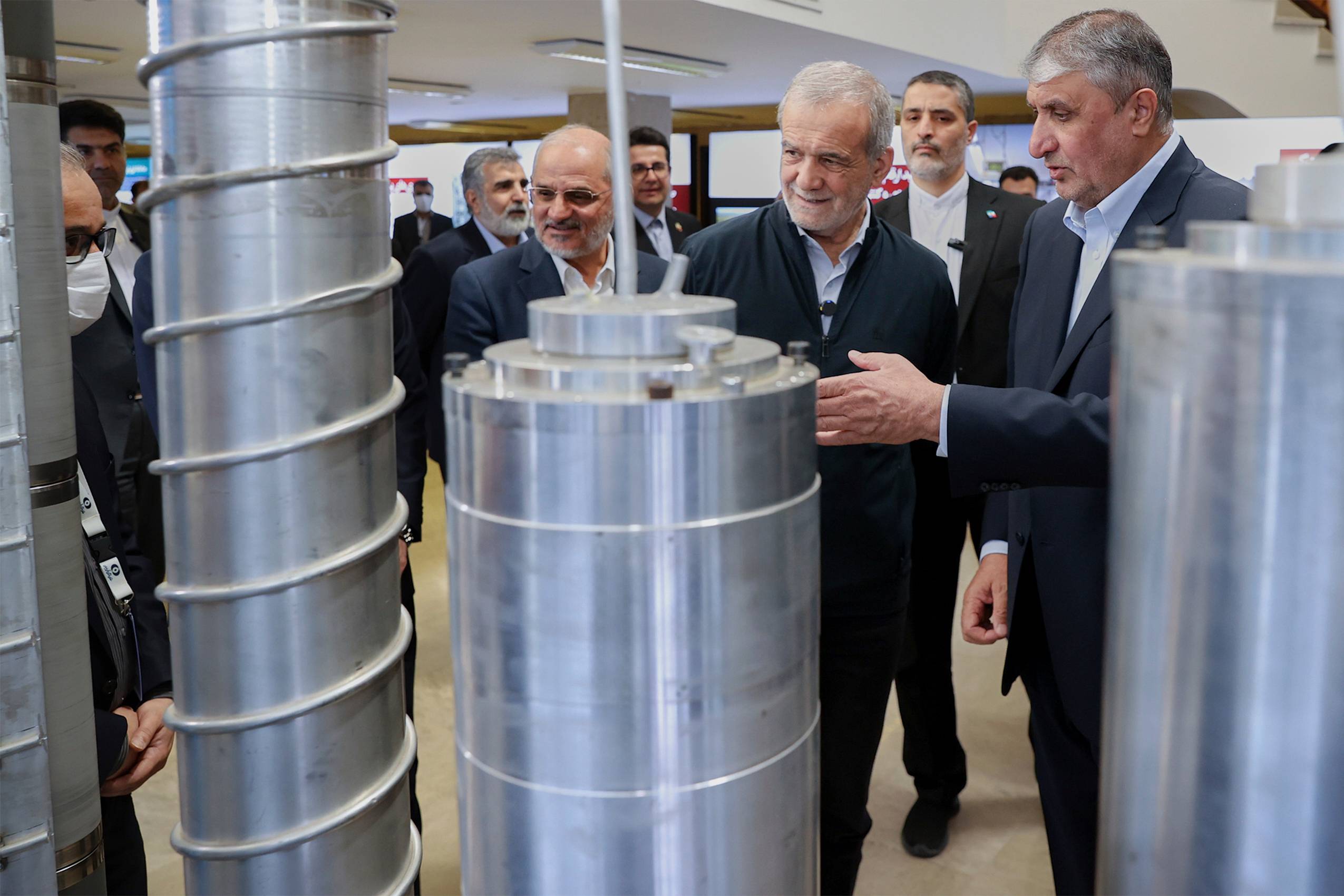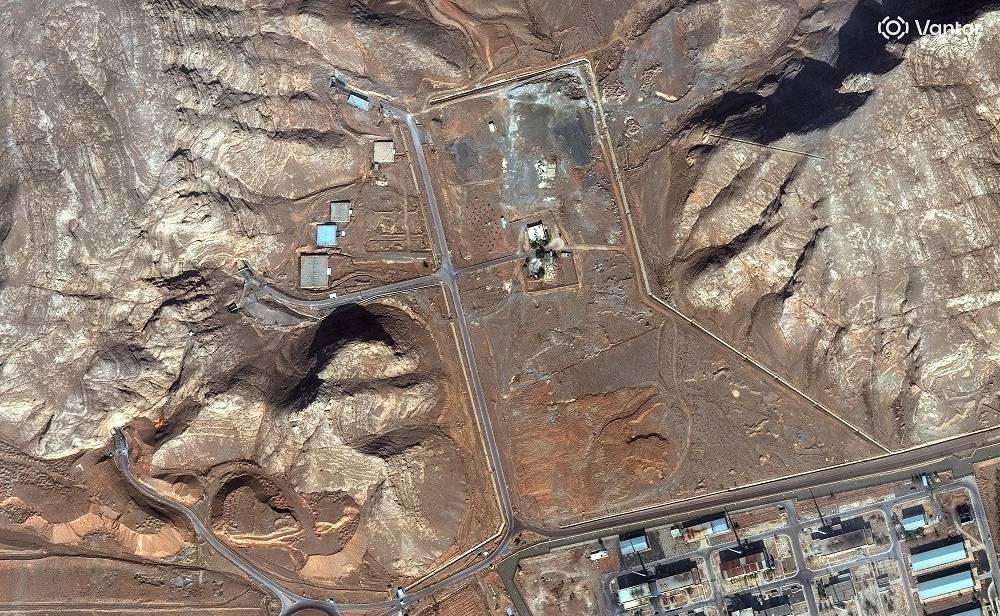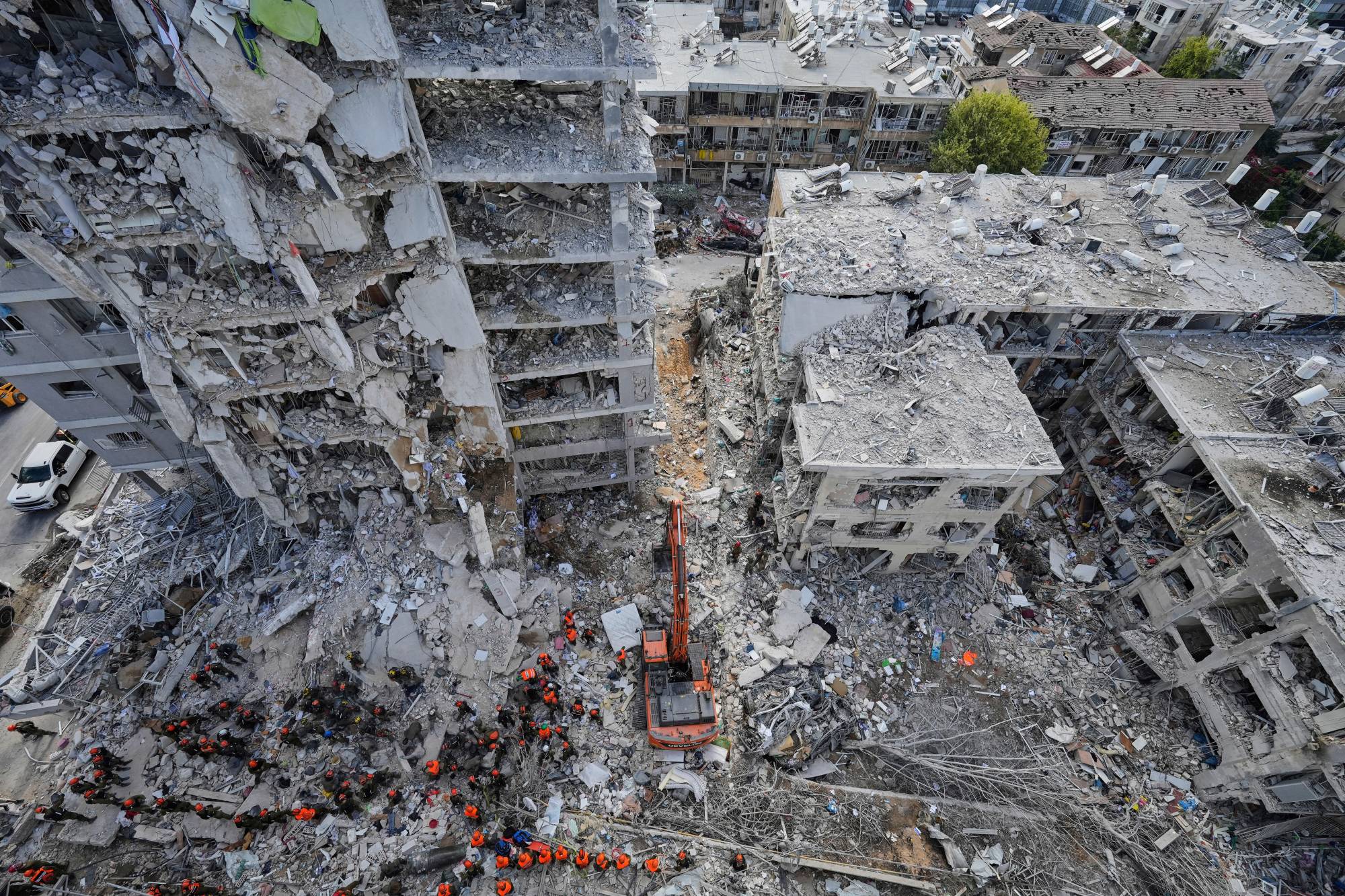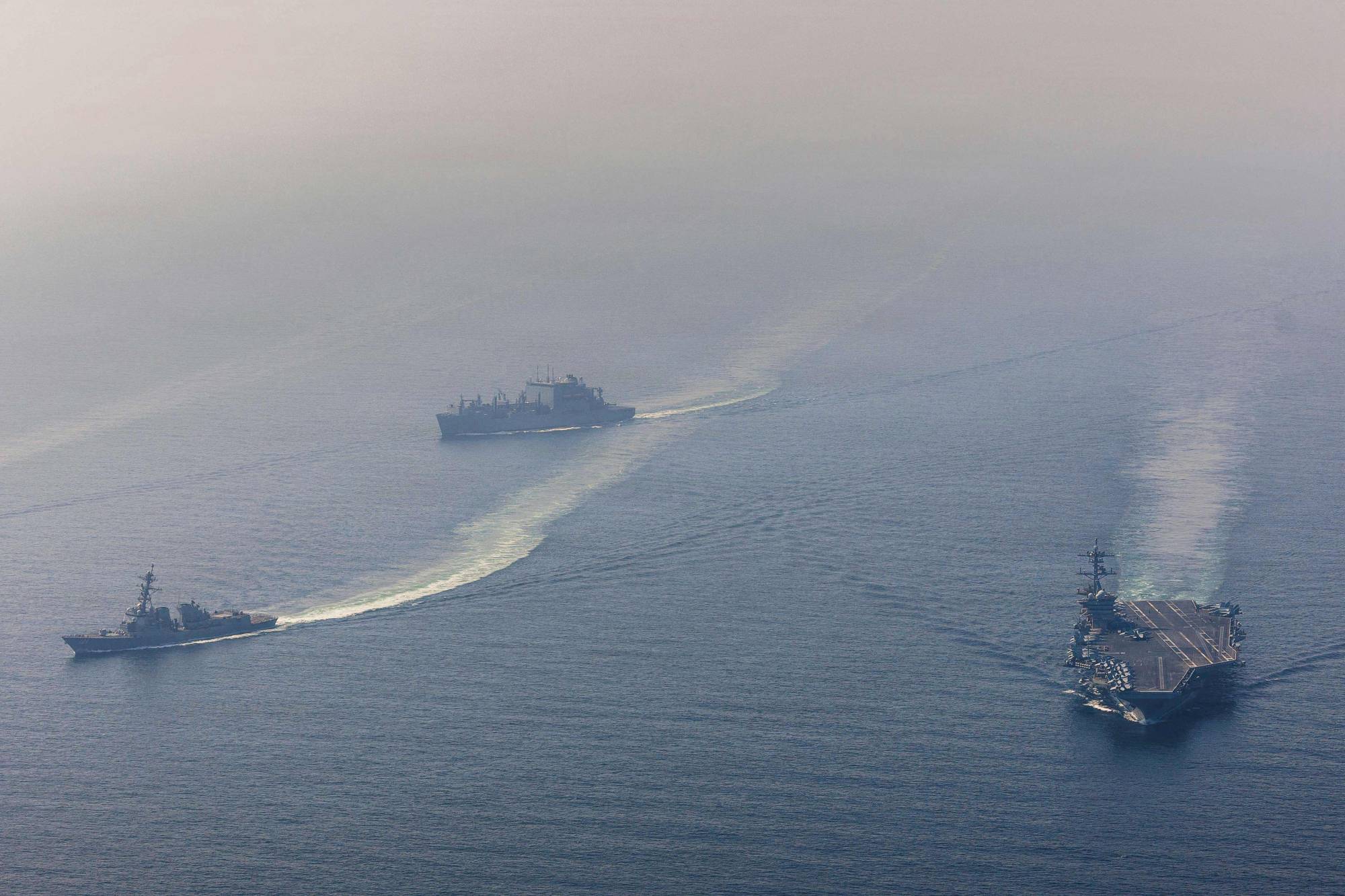With virtually no food allowed into the northernmost part of Gaza for the past month, tens of thousands of Palestinians under Israeli siege are rationing their last lentils and flour to survive. As bombardment pounds around them, some say they risk their lives by venturing out in search of cans of food in the rubble of destroyed homes.
Thousands have staggered out of the area, hungry and thin, into Gaza City, where they find the situation little better. One hospital reports seeing thousands of children suffering from malnutrition. A nutritionist said she treated a pregnant woman wasting away at just 40 kilograms (88 pounds).
“We are being starved to force us to leave our homes,” said Mohammed Arqouq, whose family of eight is determined to stay in the north, weathering Israel’s siege. “We will die here in our homes.”
Medical workers warn that hunger is spiraling to dire proportions under a monthlong siege on north Gaza by the Israeli military, which has been waging a fierce campaign since the beginning of October, saying it's rooting out fighters. Hamas, who are still holding hostages inside Gaza, have regrouped in the area and have been carrying out hit-and-run attacks from tunnels and bombed-out buildings.
The military has severed the area with checkpoints, ordering residents to leave. Many Palestinians fear Israel aims to depopulate the north long term.
On Friday, experts from a panel that monitors food security said famine is imminent in the north or may already be happening. The growing desperation comes as the deadline approaches next week for a 30-day ultimatum the Biden administration gave Israel: raise the level of humanitarian assistance allowed into Gaza or risk possible restrictions on US military funding.
The US says Israel must allow a minimum of 350 trucks a day carrying food and other supplies. Israel has fallen far short. In October, 57 trucks a day entered Gaza on average, according to figures from Israel's military agency overseeing aid entry, known as COGAT. In the first week of November, the average was 81 a day.
The UN puts the number even lower — 37 trucks daily since the beginning of October. It says Israeli military operations and general lawlessness often prevent it from collecting supplies, leaving hundreds of truckloads stranded at the border.
US State Department spokesman Matthew Miller said Israel had made some progress by announcing the opening of a new crossing into central Gaza and approving new delivery routes.
But he said Israel must do more. “It’s not just sufficient to open new roads if more humanitarian assistance isn’t going through those roads,” he said.
A desperate daily struggle
Israeli forces have been hammering the towns of Beit Lahia, Beit Hanoun and Jabalia refugee camp. Witnesses report intense fighting between troops and militants.
A trickle of food has reached Gaza City, but as of Thursday, nothing entered the towns farther north for 30 days, even as an estimated 70,000 people remain there, said Louise Wateridge, spokesperson for the UN agency for Palestinian refugees, UNRWA, speaking from Gaza City.
The government acknowledged in late October that it hadn't allowed aid into Jabalia because of military “operational constraints" in response to a petition by Israeli human rights groups. On Saturday, COGAT said it allowed 11 trucks of food and supplies into Beit Hanoun and Jabalia.
But Alia Zaki, a spokeswoman for the WFP, said Israeli troops at a checkpoint forced the convoy to unload the food before it could reach shelters in Beit Hanoun. It was not clear what then happened to the supplies.
Palestinians in the north described to The Associated Press a desperate daily struggle to find food, water and safety, as strikes level buildings, sometimes killing whole families.
Arqouq said he goes out at night to search bombed-out buildings: “Sometimes you find a half-empty package of flour, canned food and lentils.”
His family relies on help from others sheltering at a Jabalia school, he said — but their food, too, is running low.
“We are like dogs and cats searching for their food in the rubble,” said Um Saber, a widow.
She said she and her six children had to flee a school-turned-shelter in Beit Lahia when Israel struck it. Now they live in her father-in-law's home, stretching meager supplies of lentils and pasta with 40 others, mostly women and children.
Ahmed Abu Awda, a 28-year-old father of three living with 25 relatives in a Jabalia house, said they have a daily meal of lentils with bread, rationing to ensure children eat.
“Sometimes we don’t eat at all,” he said.
Lubna, a 38-year-old mother of five, left food behind when fleeing as strikes and drone fire pummeled the street in Jabalia.
“We got out by a miracle,” she said from Beit Lahia, where they're staying. She spoke on condition her family name not be used for fear of her safety.
Her husband scavenged flour from destroyed homes after Israeli forces withdrew around nearby Kamal Adwan hospital, she said. It's moldy, she said, so they sift it first. Her young daughter, Selina, is visibly gaunt and bony, Lubna said.
Surrender or starve
The offensive has raised fears among Palestinians that Israel seeks to empty northern Gaza and hold it long term under a surrender-or-starve plan proposed by former generals. The Israeli military has denied receiving such orders, but the government hasn't denied the plan outright. Witnesses report Israeli troops going building-to-building, forcing people to leave toward Gaza City.
On Thursday, the Israeli military ordered new evacuations from several Gaza City neighborhoods, raising the possibility of a ground assault there. The UN said some 14,000 displaced Palestinians were sheltering there.
Food and supplies are stretched for the several hundred thousand people in Gaza City, too. Much of the city has been flattened by months of Israeli bombardment and shelling.
Dr. Rana Soboh, a nutrition specialist at Gaza City’s Patient Friend Benevolent Hospital, said she sees some 350 cases of moderate to severe acute malnutrition daily, most from the north but also Gaza City.
“The bone of their chest is showing, the eyes are protruding,” she said, and many have trouble concentrating. “You repeat something a number of times, so they can understand what we are saying.”
She cited a 32-year-old woman shedding weight in her third month of pregnancy — when they put her on the scale, she weighed only 40 kilograms (88 pounds).
“We are suffering, facing the ghost of famine that is hovering over Gaza,” Soboh said.
A problem long in the making
Even before the siege in the north, the Patient Friend hospital saw a flood of children suffering from malnutrition — more than 4,780 in September compared with 1,100 in July, said Dr Ahmad Eskiek, who oversees hospital operations.
Soboh said staff get calls from Beit Lahia and Jabalia pleading for help: “What can we do? We have nothing.”
She had worked at Kamal Adwan Hospital in the north but fled with her family to Gaza City. Now they stay with 22 people in her uncle's two-bedroom apartment. Thursday, she had had a morsel of bread for breakfast and later a meal of yellow lentils.
As winter rains near, new arrivals set up tents wherever they can. Some 1,500 people are in a UN school already heavily damaged in strikes that “could collapse at any moment,” UNRWA spokesperson Wateridge said.
With toilets destroyed, people try to set aside a corner of a classroom to use, leaving waste “streaming down the walls of the school,” she said.
Others in Gaza City move into the rubble of buildings, draping tarps between layers of collapsed concrete, she said.
“It’s like the carcass of a city,” she said.







